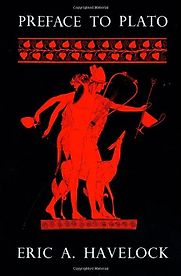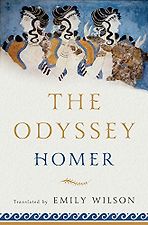Recommendations from our site
“It’s really only in the century or so before Plato that writing starts to become a widespread technology… if you think about Homer and Hesiod, they’re passed on through an oral tradition…What we find in Plato, explicitly, is tremendous anxiety and concern about the nature of writing. Of course the great paradox is that he’s writing, he’s reflecting on the limits of writing, the challenges of writing, of this new technology, very much the way we now reflect on the Internet and social media, how is this going to change our culture? Those are the questions that Plato was asking in his own time about writing.” Read more...
Melissa Lane, Political Scientist
“The Greeks matter because some of them, at least, recognized that they were passing through a change in how people frame the world. In their case, it was the change from the oral to the written, and this is of course the subject of one of the Platonic dialogues, Phaedrus. In it, Socrates declares himself fully aware that human capacities can change, and that as memory is displaced or funnelled into print, a variety of changes may set in which affect not only how we know things, but also who we are as human beings.” Read more...
The best books on The Future of the Media
Todd Gitlin, Social Scientist






